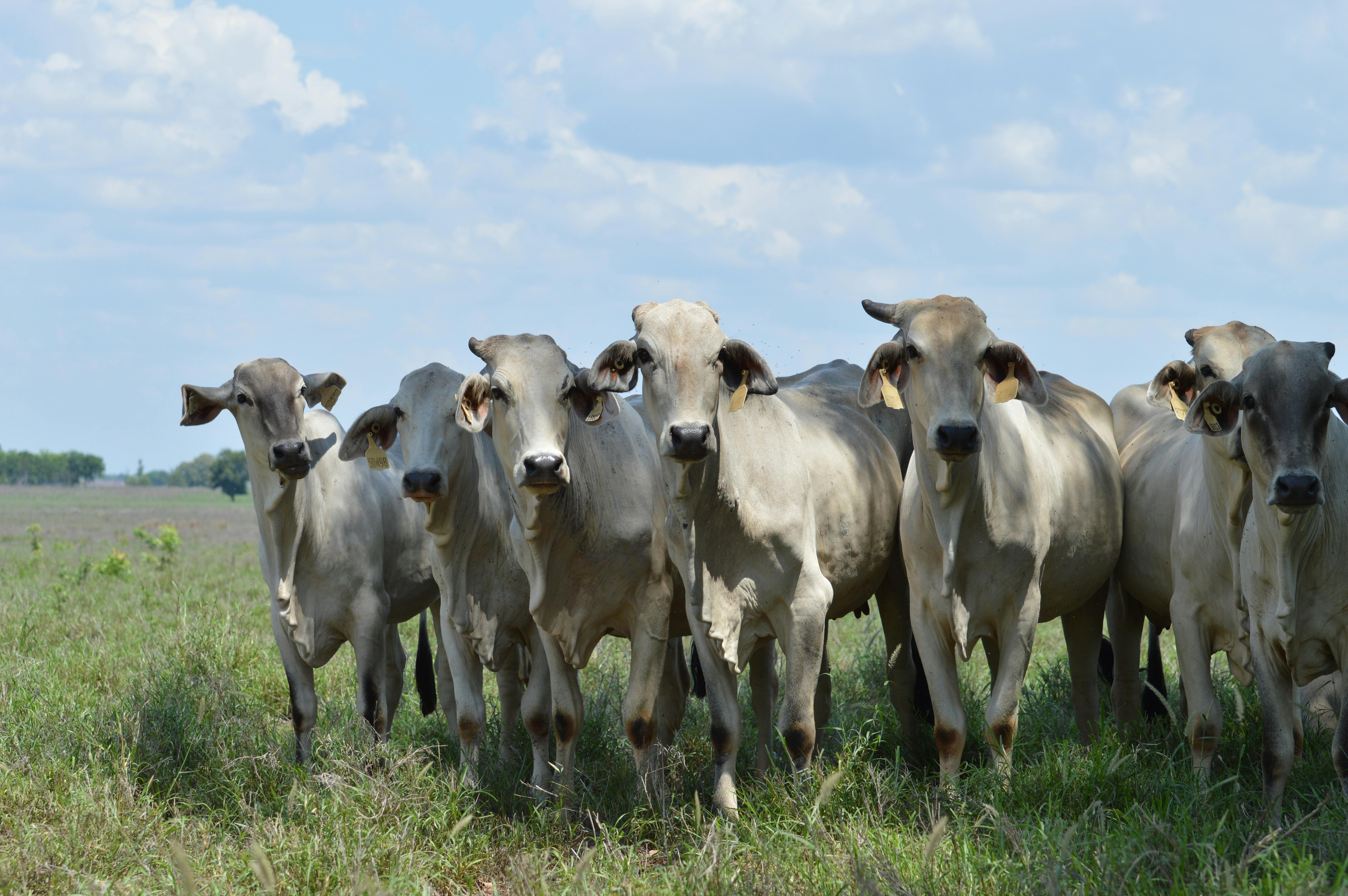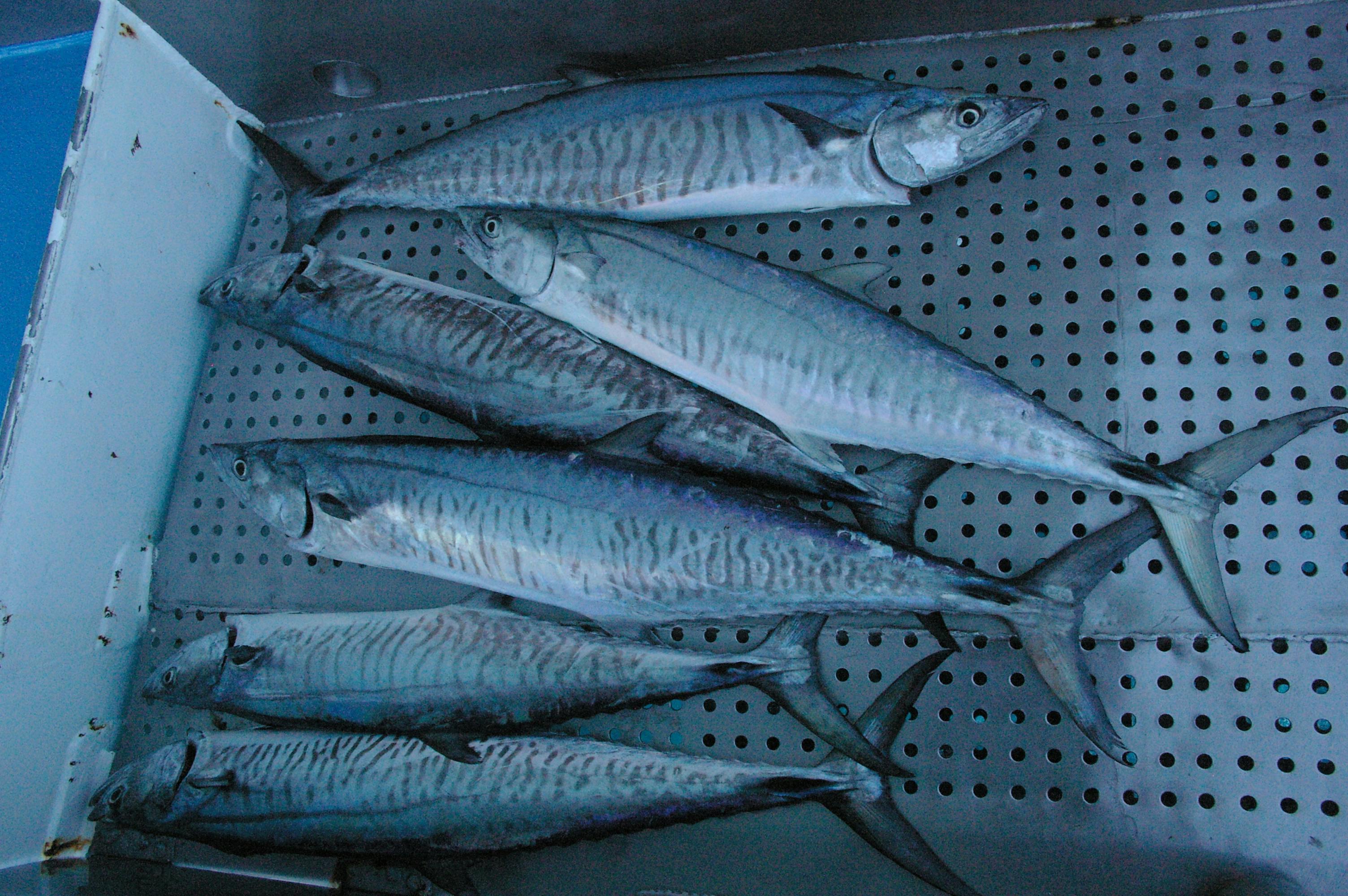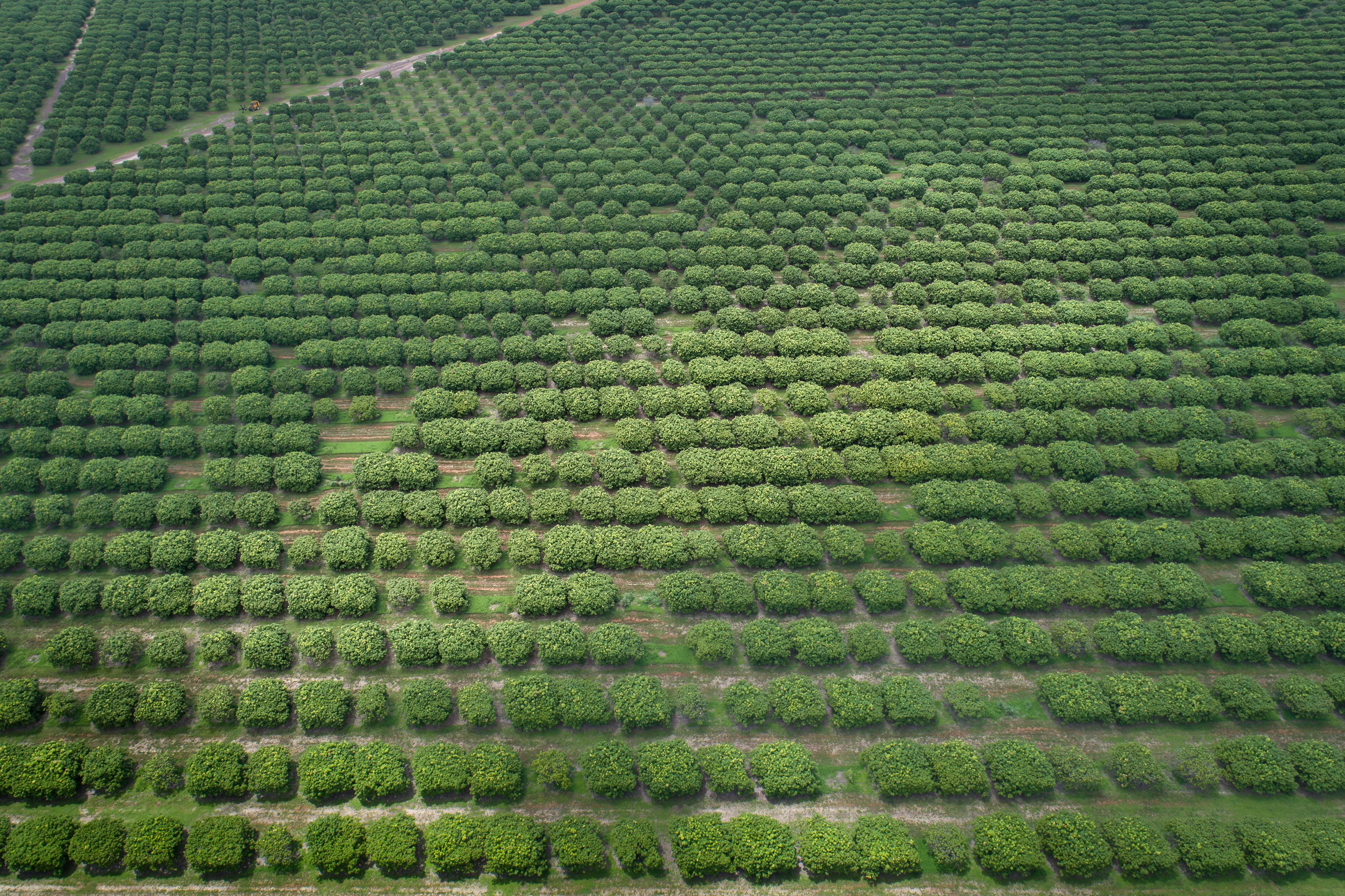NT Agribusiness and Aquaculture Strategy 2030
Consultation has concluded

The Territory Economic Reconstruction Commission (TERC) identified the development of a new Agribusiness Strategy as an important catalyst to drive economic growth in the agribusiness sector. Development opportunities in aquaculture were identified as key priorities.
“Agribusiness in the Territory needs a clear whole-of-sector strategic direction, co-designed by Territory Government and industry, that draws on synergies and reaches across related services, including new areas of value add processing and manufacturing and prioritisation of biosecurity, including active promotion of provenance to underpin the sustainable growth of the sector from its current 2.5% of Gross State Product.”
- Territory Economic Reconstruction Commission - Final Report.
The TERC report outlined 8 key areas of focus:
- Enabling infrastructure requirements
- Sector capability and capacity, including workforce and technology
- Commercialisation opportunities through new products and emerging industries
- Market access and supply chains
- Value adding manufacturing and processing
- Innovative and targeted research and development approaches
- Mitigation of risks such as weeds, pests, diseases and a changing climate
– prioritising biosecurity as a key market advantage - Opportunities for a “Territory Provenance” identity.
The Northern Territory Government is working with industry to develop a co-designed strategic plan that will grow the agribusiness sector through to 2030.
Agribusiness development offers a significant opportunity for the Northern Territory economy, jobs and food security.
Actions to date
The Department of Industry, Tourism and Trade has held a series of industry and land council consultations over the past few months. It is clear that in order to achieve accelerated growth in agribusiness in the Northern Territory, collaborative partnerships and rapid action is required in order to realise the potential.
The overarching TERC goal is to achieve a $40 billion economy by 2030.
The agribusiness and aquaculture sectors will need to grow their economic contribution from $1.3 billion to $2 billion (Gross Value of Production) to keep pace with the overall growth target of TERC by 2030. Industry are currently considering other targets which could be included in the strategy such as sustainable growth in the NT cattle herd, increase in the number of hectares under horticulture production and annual tonnes of aquaculture produced.
Northern Territory agribusiness and aquaculture development context
Sustainable agribusiness and aquaculture growth in the Northern Territory will be dependent on strong and mutually respectful relationships and agreements between land and water owners, native title holders, land councils, leaseholders, investors, developers, governments, consultants and the community.
The strategy will aim to establish a set of strategic priorities to guide the development of key actions which charts a pathway for sustainable agribusiness and aquaculture development.
In an increasingly complex and interdependent development space there will be philosophical differences, emerging opportunities with policy and information gaps and an increasing set of priorities seeking funding from scarce resources. The strategy will acknowledge those tensions and attempt to find a balance which sees agribusiness and aquaculture grow in the Territory for the benefit of all Territorians.
Land and sea ownership delivers on the economic and social aspirations of Aboriginal Territorians. The Aboriginal Land Rights (Northern Territory) Act 1976 (Land Rights Act) and the Native Title Act 1993 provide the legislative foundations of Aboriginal land and sea ownership in the Northern Territory. Approximately 48% of the Northern Territory’s land mass and 80% of its coastline is Aboriginal land, subject to the Land Rights Act. The majority of the remaining land and waters are, or are likely to be, subject to native title.
The Northern Territory Agribusiness and Aquaculture Strategy, will acknowledge the aspirations of Aboriginal Territorians to develop Aboriginal-led agribusiness and aquaculture enterprises and create jobs on-country.
The sectors involved in agribusiness and aquaculture for the purposes of this strategy include:
- Pastoral industry - livestock
- Live cattle export
- Horticulture
- Broad acre cropping
- Forestry
- Wild caught fisheries
- Aquaculture
- Crocodile harvest, research and farming
- Buffalo capture, husbandry and export
- Native foods
- Carbon and climate change sector
- Laboratories and biosecurity systems
- Infrastructure, transport and logistics
- Meat, fruit, vegetable and seafood processing and value-adding
- Fresh meat, fruit and vegetable supply chains, traceability and food safety
- Investment facilitation, market development and trade access systems
- Training. education, research, business and workforce development sector
- Machinery, technology and communications
- Environmental and land management services
- Supply and services
- Legislation and regulation
To Have your Say on the Agribusiness and Aquaculture framework, complete the below survey before 5pm, Friday 25 February 2022.




